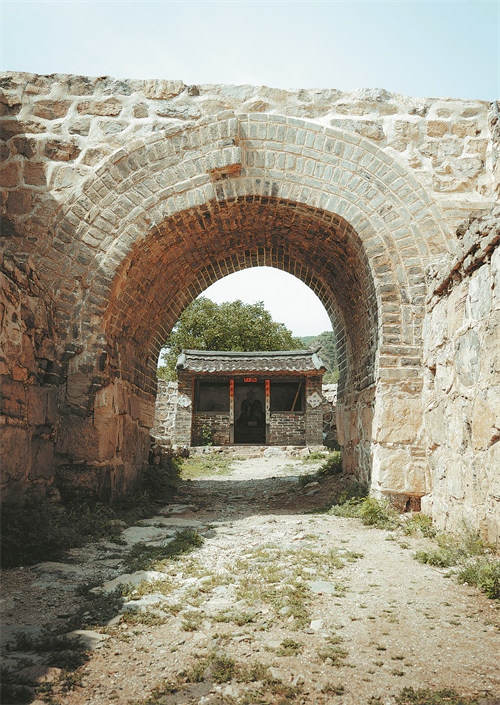Embarking on a boundless journey into the unknown


Throughout history, humans have craved exploration. From Zheng He to Marco Polo, the spirit of adventure lives in all people. Though the scale of that adventure may vary from person to person, the desire to learn more about ourselves, the world, and its many cultures is universal.
Growing up in a small town in Wales, perhaps these feelings of curiosity had been quietly building up inside me for years. There's something comforting about familiarity — knowing every street, every building, even every person. But that same familiarity can make it hard to seek out new experiences or adventures.

Maybe that small-town upbringing planted the seeds of a desire to see more of the world — to embrace the unknown and discover cultures vastly different from my own.
And today, doing so has never been easier. What once took Marco Polo years now takes us only days, even just hours. While modern, fast-paced travel comes with many advantages, it's also something of a double-edged sword. With global travel so accessible, the world feels smaller — and while that's wonderful in many ways, the sense of discovery that once came with travel has dulled. Most destinations have been documented, photographed, filmed, and shared online. It's getting harder to find places that still feel untouched or truly unique.
Thankfully, whether by chance or design, my move to China turned out to be the right one. As an almost unimaginably vast country — covering 9.6 million square kilometers — with 56 ethnic groups, climates ranging from tropical to subarctic, and 5,000 years of history, China still offers endless opportunities for adventure.
Beijing, in particular, is a complete contrast to my hometown. Even after more than five years of living here, I feel like I've only scratched the surface. I've visited the city's famous landmarks and had incredible experiences doing so, but countless corners remain unexplored.
One such discovery happened recently on a hike. After enduring blistering heat, we arrived at Changyucheng village, a tiny settlement in Beijing's Changping district, perched on either side of the Great Wall. As we made our way through the village toward the bus, we turned a corner and stumbled upon a small shrine hidden between houses at the northern edge of the village.
While the grand temples — carefully maintained and steeped in majesty — have their own beauty, this little shrine offered something different. Its crumbling walls, faded paper couplets, and painted depiction of a deity (a practice that dates back to when villages couldn't afford statues) provided the kind of unique experience I crave when traveling, and one that still thrives across China.
I learned that this was a shrine to Zhenwu Dadi, or the "Great Emperor of Genuine Prowess" — a powerful protector in Taoist mythology. Many towns and villages along the Great Wall once had shrines to Zhenwu at their northern gates. While this may be common knowledge to locals, it was entirely new to me. These smaller, more intimate cultural details offer a different, more personal kind of travel experience than the usual tourist hot spots.
As awe-inspiring as Beijing's iconic sights are, there's something romantic and mysterious about wandering through a village you'd never even heard of and stumbling upon an ancient shrine — then learning its story through the locals. It feels like stepping back in time, and offers a glimpse of how early explorers might have felt.
That's the magic of China. With its vastness and deep cultural heritage, the spirit of exploration is still alive here. I could live in this country for 10 lifetimes and still be discovering something new.



































